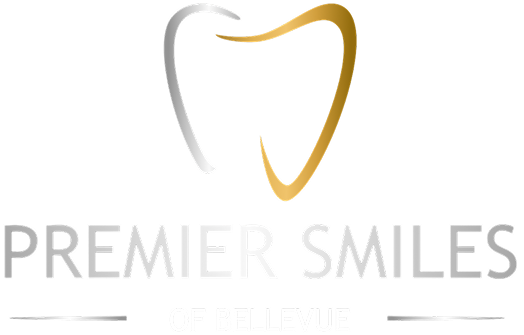
How TMJ Treatment Improves Quality of Life
Restorative Treatments for TMJ Issues
The TMJ is the temporomandibular joint, or the joint that connects the lower jaw to the rest of the head. The term “TMJ” is often used to refer to TMJ disorder, also called TMD, which occurs when the jaw joint becomes stressed, injured or misaligned. TMJ disorder may result due to several different factors, such as stress, bruxism (teeth grinding and clenching), arthritis in the TMJ, or trauma and injury to the head, neck or jaw.
You may suffer from TMD if you experience frequent jaw pain or facial pain. TMJ disorders may also cause:
- Grinding, clicking or popping sounds in the jaw when you open and close your mouth
- Inability to open your mouth wide to speak, yawn or chew
- A locked or stuck jaw
- Pain when chewing and biting
- Pain in the neck, shoulders or ears
- Frequent headaches
Getting to Know TMJ Disorders
Warning Signs of TMJ Problems
- Aching or stiffness in the jaw, especially when talking, chewing, or yawning
- Clicking, popping, or grinding noises when you move your jaw
- Frequent headaches or earaches related to jaw tension
- Trouble chewing or difficulty opening your mouth wide
- Tenderness or pressure in the face near the jaw joint
Why TMJ Problems Develop
Customized Treatment Plans for Lasting Relief
TMJ treatment focuses on relieving pain, improving jaw movement, and preventing added stress on the joint. Most care starts with conservative approaches that restore comfort and function. Oral appliances—like night guards or splints—are commonly used to ease pressure on the jaw and protect teeth from clenching or grinding. Depending on your needs, treatment may also include minor bite adjustments, orthodontic care, or restorative solutions to improve balance and alignment. For severe or long-lasting cases, advanced options such as injections or surgery may be recommended.
Self-care plays a big role in managing TMJ disorders. Simple habits like eating softer foods, avoiding excessive chewing, practicing relaxation, and using hot or cold compresses can make a difference. Your dentist may also suggest gentle jaw exercises to strengthen and relax the muscles. Over-the-counter pain relievers are often effective, but prescription medication may be provided if symptoms persist.

